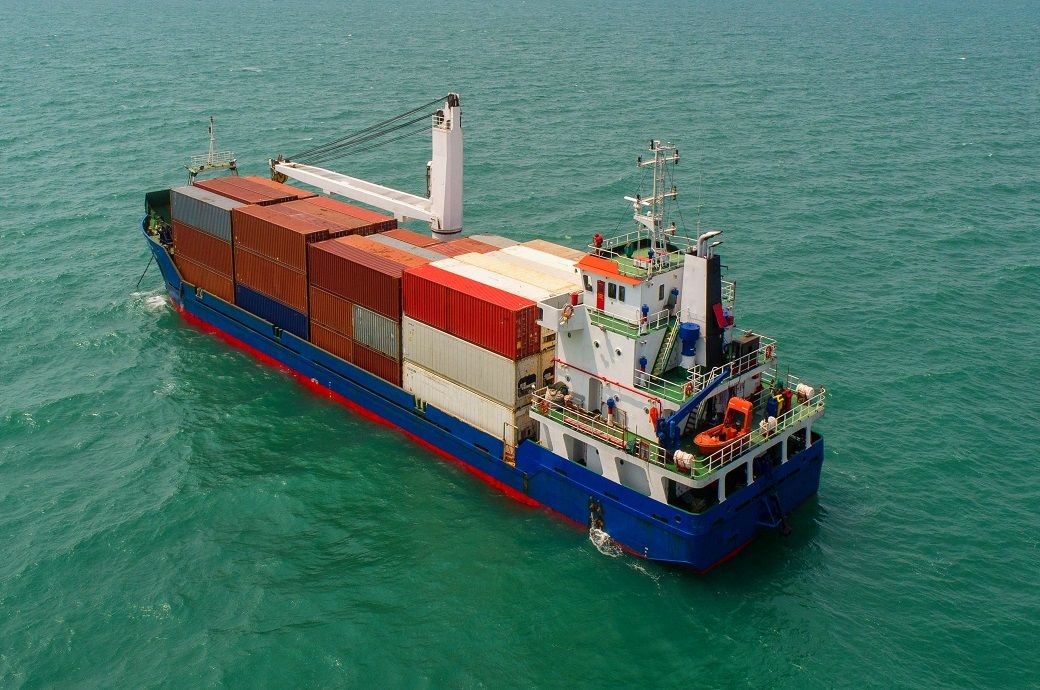
The costing will depend on the extent to which the industry switches to liquefied natural gas (LNG) and other greener ships instead of keeping to conventional fuel oil.
The imperative to decarbonise the global shipping industry is clear and present, however, many of the world’s largest importers and exporters are insufficiently informed about the full implications of the forthcoming new emissions regulations and the billions of dollars that will be added to freight costs in the future, Drewry said in a press release.
Drewry emphasised that pressure to decarbonise and reduce emissions of greenhouse gases (GHG) is growing in all sectors. In shipping, the International Maritime Organisation’s target to reduce GHG emissions by 50 per cent by 2050 (from a 2008 baseline) will be complemented by regional and national regulations.
Besides regulatory changes resulting from decarbonisation policies, emissions limits, and related taxes, there will be enormous technological change in the design of ships and their propulsion systems, with a transition to engines powered by low or zero carbon fuels.
The European Union (EU) will be the first region to enforce ‘carbon taxes’ in shipping via its Emission Trading System, which will penalise users of high-carbon fuels such as conventional fossil fuels and apply not only to shipments within Europe, but also to all shipments to and from Europe.
ALCHEMPro News Desk (DP)
Receive daily prices and market insights straight to your inbox. Subscribe to AlchemPro Weekly!